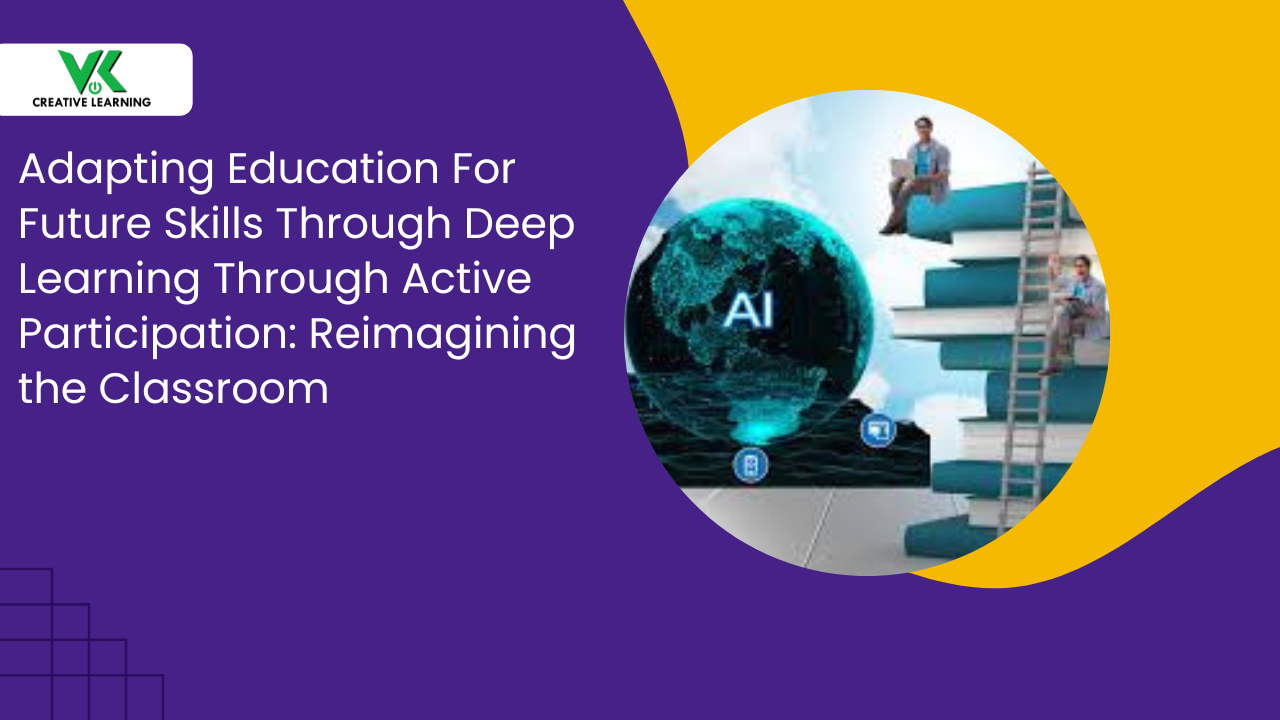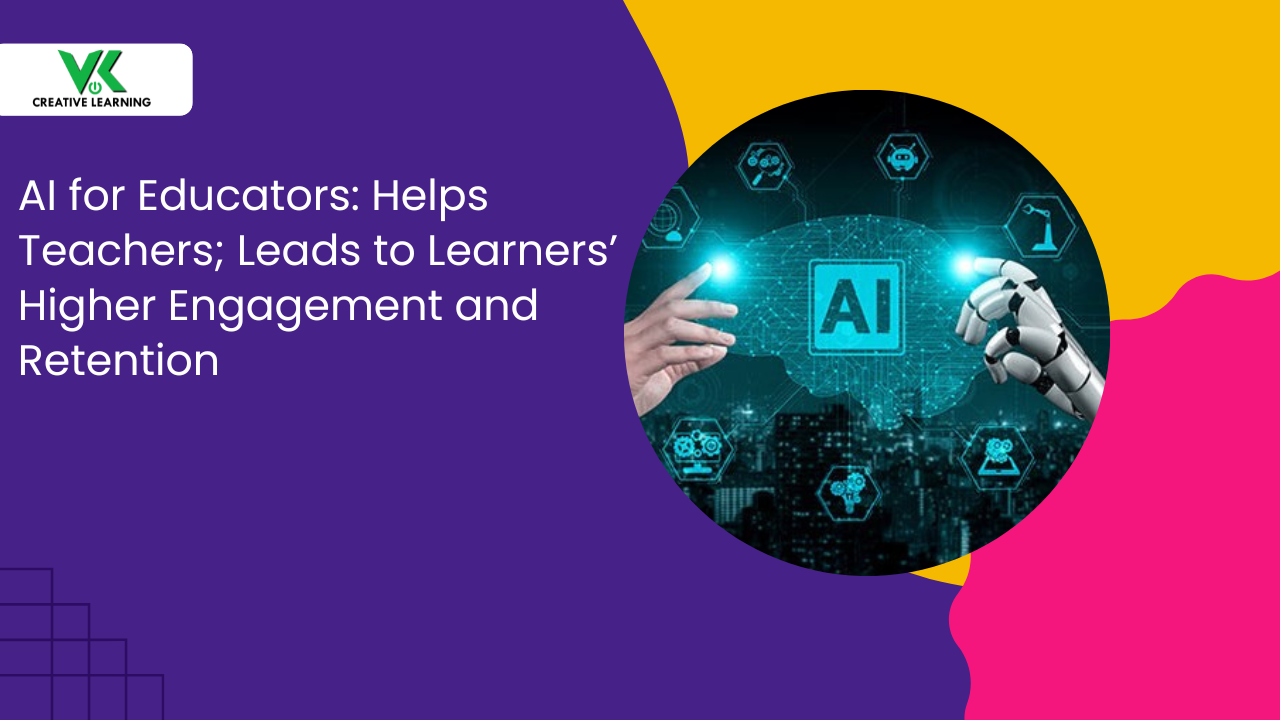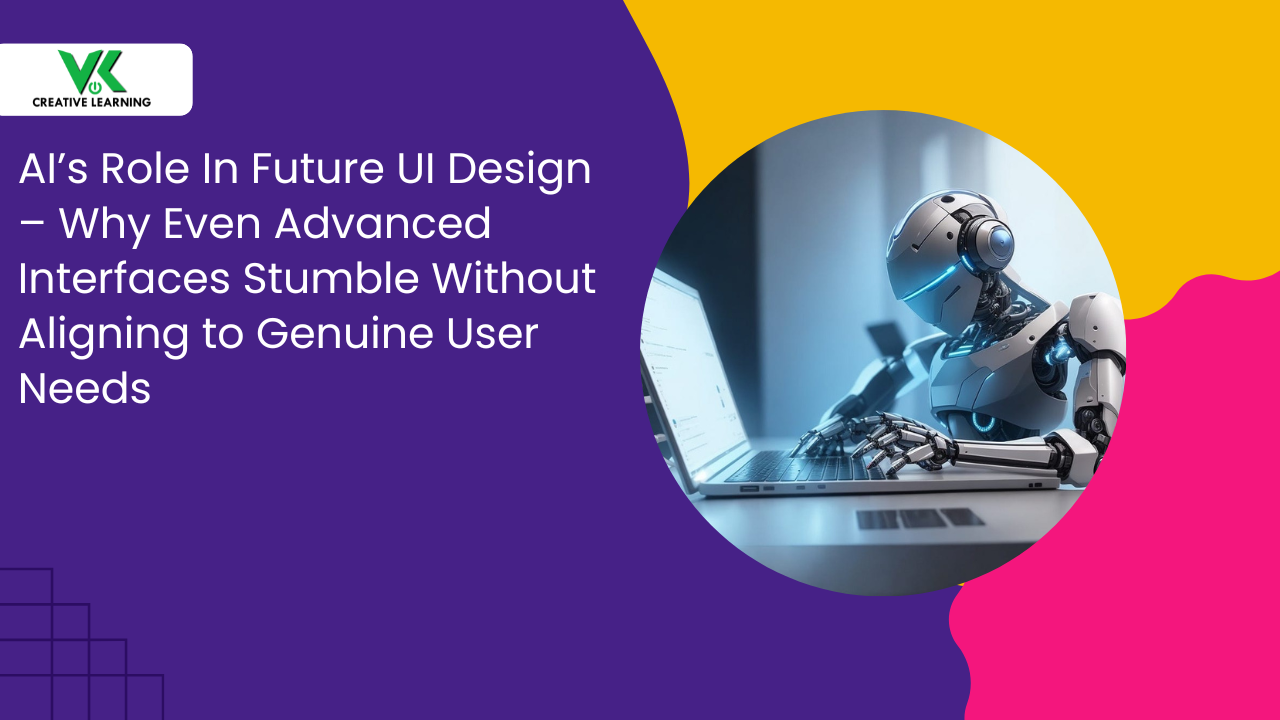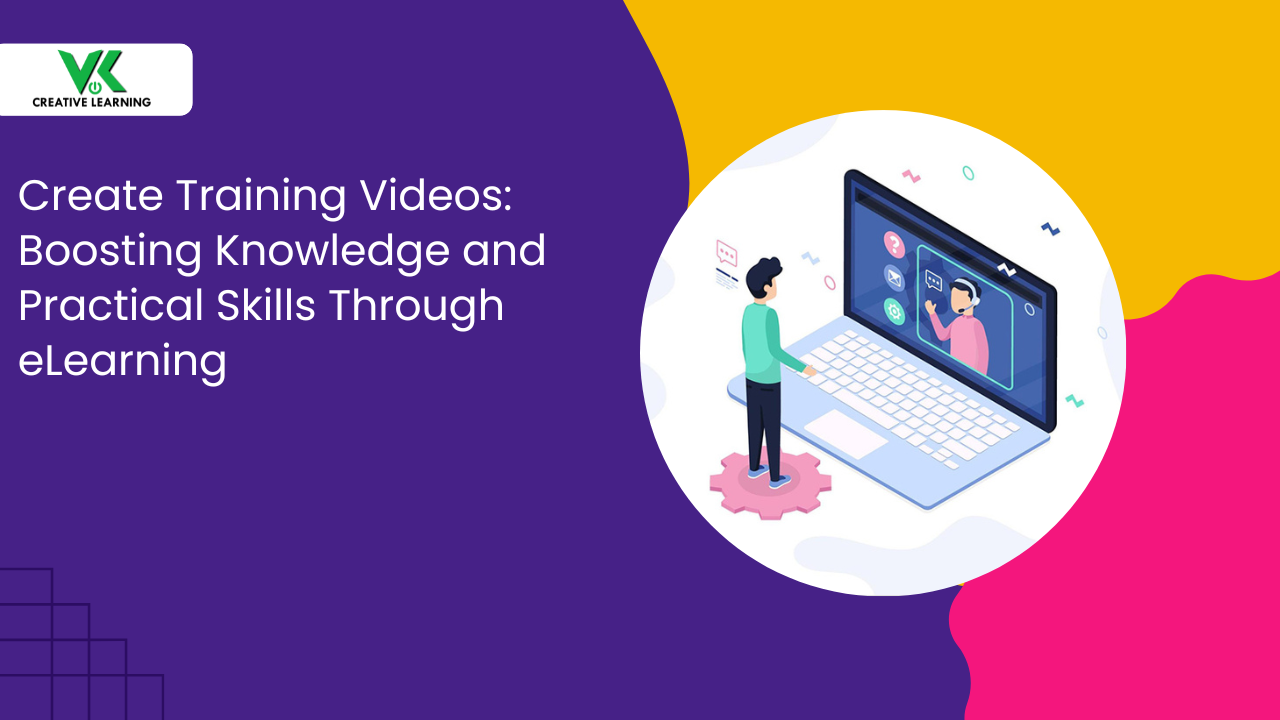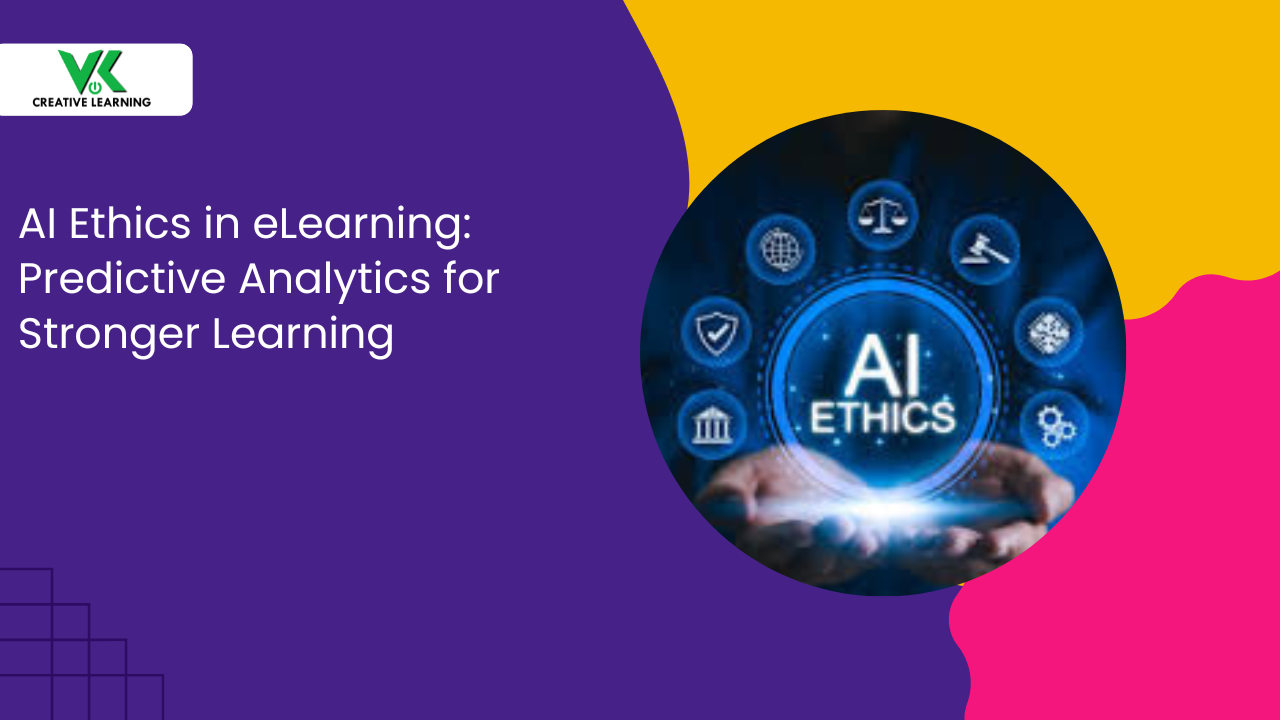Not Just Learning -- Performance Engineering: How Incorporation of Custom E-learning Content Drives Training Momentum
May 29, 2025
Training methods, not innovative, may fail to address the challenges that employees face in real life. This happens because a mounting gap exists between the theoretical knowledge and skills required to complete work tasks.
In fact, there are many studies sharing the same conditions – hardworking but unskilled employees. This implies that employees need to be upskilled regularly.
Sometimes, this may not be possible with conventional techniques or online learning platforms. Downside: they may not take into account and explain workplace situations.
Another chief reason for the same: it is not updated regularly as per market needs and evolving technologies. Result: inconsistent performance momentum among the employees.
Thus, the situation demands some courseware that can incapacitate all these failings of standard and online training.
In other words, the platform has to be robust and feature-studded – multifaceted in nature. Importantly, it needs to involve interactive elements that describe and have activities related to real workplace scenarios.
The absence of these elements may escalate the frustration among learners. This may also hamper their growth in the field they desire to flourish in -- unfortunately, prospects get trimmed.
But the best news is that the upskilling journey can be achieved through custom e-learning solutions. What distinguishes custom e-learning content from other online or usual modes of training is that it is tailored to suit the learning style and pace of the learners.
Plus, custom training content is also embedded with interactive learning elements such as simulations and 3D animations. These features are available for different industries as per their requirements.
Table of Contents:
Defining Custom E-learning Content and Its Core Components
Industry Challenges and Solutions Through Custom E-learning
- Retail Sector Skill Development Through Adaptive Training Models
- Financial Sector Adaptation and Modern Training Innovations
- Technology Industry Transformations and Tailored Learning Solutions
- Hospitality Sector Training in a Service-Driven Environment
- Logistics and Supply Chain Modernization via Targeted Training
Defining Custom E-learning Content and Its Core Components
Custom e-learning content is a specialized approach. It is tuned as per the specific challenges of learners. It is also created to fulfill the needs of organizations as well as employees.
These custom training modules are smartly tuned to align with multiple learning tactics that can smoothen learners’ understanding. This includes the inclusion of interactive visuals (2D/3D animations) and simulations to explain various workplace scenarios.
So, custom training content design scores over traditional training in many ways. Also, modern technologies are infused so as to address real-time challenges faced by employees. Additionally, it also takes care of content localization in sync with cultural relevance.
Furthermore, they are designed to suit emerging industry trends. Also, through the e-learning platform, learners can receive consistent feedback and aligned with job roles.
Moreover, custom e-learning content accounts in passive learning involvements and ways to overcome them. Thus, it offers engrossing content and performance analysis of the learners.
Custom training content is devised to line up with workplace operations and processes. Thus, it chimes in with the realities of various industries. This way, learning analysis turns into something more impactful and measurable.
Importantly, these programs shorten the learning curve. In addition to this, it plays a major role in raising employees’ confidence. The presence of relatable scenarios as per job roles and problem-solving strategies further makes custom e-learning content a better choice.
Additionally, the e-learning platform has built-in assessments (scenario quizzes, role-play scoring, and timed evaluations) and interactive activities (drag-and-drop tasks, decision-making games, and real-time polls).
They help classify learning gaps and emphasize the practical application of learned concepts in day-to-day tasks.
Industry Challenges and Solutions Through Custom E-learning
Retail Sector Skill Development Through Adaptive Training Models
Retail professionals have deal with the challenges of customer service complexities (late refunds, miscommunication, unattended feedback). Along with them are associated issues related to inventory management (late refunds, miscommunication, unattended feedback).
Further, difficulties arising out of digital sales platforms or inventory glitches (missing SKUs, overstock misalignment, SKU mislabelling) are common.
Thus, any training methods that may not have details of consumers’ behaviour (purchase triggers, complaint psychology, loyalty curves)) and responses may not serve the purpose.
Thus, online or conventional systems may lack the necessary digital retail innovations (real-time tracking, hyper-personalized offers, dynamic UX tweaks).
On the other hand, when custom e-learning content is introduced, it changes the working and upskilling dynamics considerably. Reason: The customized e-learning platform is replete with a plethora of features (drag-drop logic, AR/VR learning, gamified quizzes, 3D explainer videos, and more).
It also includes interactive scenarios to explain how to deal with different marketplace scenarios. Its simulation packs in retail challenges that newbies can understand and learn to handle.
Importantly, it is weaved with different elements to deliver content relatable to actual real-life situations in a workplace.
This would aid employees in getting a thorough hold of both online and offline consumer interactions. This modern approach to training builds resilience (greater agility during retail turbulence) and operational efficiency.
Later, this form of upskilling enhances customer satisfaction and robust sales performance (repeat purchases, better conversions, and loyalty boosts).
Financial Sector Adaptation and Modern Training Innovations
In the financial sector, there are many policies (currency shifts, tax levies, audit reforms) and monetary rule changes coming up. Mainly, regulatory requirements (risk protocols, audit norms, asset disclosures) and complex transaction systems (real-time settlements, encrypted gateways, layered clearances). Keeping oneself updated with this growing knowledge demands upskilling on a regular basis.
Thus, generic training materials may not serve the purpose as there has been a shift in the compliance landscape regularly.
However, with custom e-learning content, financial course materials are produced to mirror everyday work-life challenges. These include special attention on new regulations and risk management – that too replete with relatable examples.
For practising the work tasks as carried out in the workplace, interactive 3D animations and simulation-based training are provided. This helps employees to work over and over again on various financial tasks (invoice audits, balance reconciliations, asset valuation reports) and perfect them.
This further enables them to take a refined approach (more structured and calculated choices) to managing complex financial instruments.
Additionally, they learn to maintain compliance practices (regulatory checklists, audit trails, legal procedures) even in dynamic market conditions.
Technology Industry Transformations and Tailored Learning Solutions
In IT industries, technologies keep changing every now and then, and hence, conventional training may not be appropriate. Thus, the idea of using fixed or one-size type of training coursework may not go well with the learners.
In fact, there is a high possibility learners may find themselves demotivated and may stop adopting innovative techniques.
In comparison to this, a customised e-learning solution provides all the unique but engaging, interactive methods. What financial e-learning does is make learners find learning materials interesting.
Importantly, the customised e-learning platforms are geared with all types of up-to-date modules. Additionally, they follow the latest industry trends — in-demand technologies and popular ones.
Adding to this, IT professionals and developers are able to sync in with the market requirements and use their knowledge to practical applications. This brings in consistent performance, and they can explore their ideas. All thanks to the feature of the virtual simulator platform offered by the e-learning.
Hospitality Sector Training in a Service-Driven Environment
When it comes to the hospitality sector, not everything is easy as it seems -- a tough game lies ahead of employees. The reason being there are a lot of expectations from customers along with service innovations. This means that the employees must be in sync with all forms of demand — beat customers or industry trends.
Hence, the workforce finds it difficult when generic programmes are offered. The reason, mainly, usual training misses out on nuances of the workplace tasks.
This is where custom e-learning hospitality course materials come in handy for getting employees acquainted with the necessities. In other words, they are trained so as to face all types of situations that customers may present.
Importantly, the platform offers all kinds of typical scenarios -- guest interactions and addressing unusual problems.
There is a holistic service and environment wherein employees get trained on various types of difficult situations. The best feature: role-play exercises in the form of interactive simulations. These tasks of job files are entirely based on various types of guests.
Thereafter, this also raises the bar on necessary service (specially standards) while working on employees’ confidence.
Logistics and Supply Chain Modernization via Targeted Training
With the rising global supply chain, especially the demands, employees have to quickly adapt to the transformation. In other words, the logistics sector demands employees to get familiarized with complex operational frameworks -- increasing one.
This means that a big challenge lies in front of employees to quickly adapt to the unpredictable conditions of the market.
This is where custom e-learning coursework can entirely change the training struggles. Importantly, it can help employees to cope up with fast-changing scenarios.
With the careful inclusion of logistics simulator workplace conditions (warehouse environment and handling), employees will get a chance to explore them all.
They also get to go through animations and 3D exploratory videos that make them thorough in dealing with intricate incoming and outgoing goods.
Moreover, it helps them to do some critical analysis (deep level examination and take a close view) so that they can manage inventory efficiently. And, interestingly, think about some workable tactics to lift up logistics processes and multiple management work tasks.
Conclusion
The use of custom e-learning solutions can drastically change the way training is carried out in different industries. This is because they get to learn from 3D animation, simulations of different scenarios, and other elements – videos and quizzes.
The incorporation of personalized e-learning platforms into training can be done by custom e-learning development companies such as VK Creative Learning (VKCL). They have been into e-learning development for the past decade and have mastered the skills.
